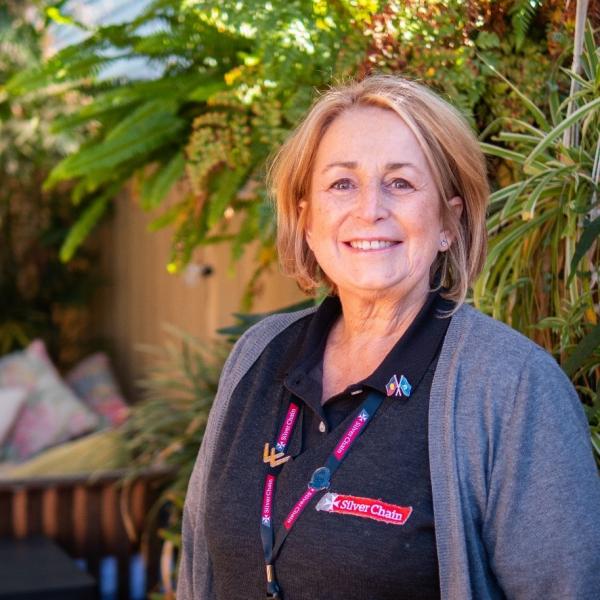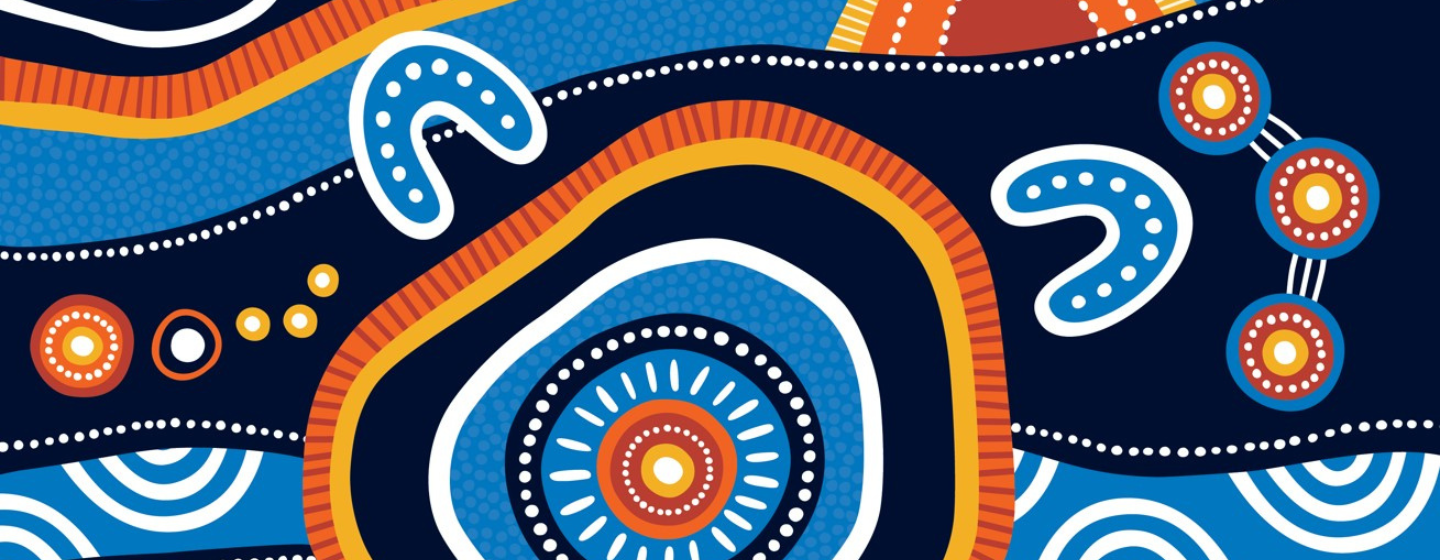- Home
- Latest news from Silverchain
- Donna’s reconciliation journey
Donna’s reconciliation journey
For Silverchain Group’s Donna Mills, National Reconciliation Week is a timely reminder of the power of conversation – particularly listening – as a means to drive action.
Donna, a Noongar woman from the Yued People, has worked with Silverchain Group for 16 years and is currently a Home Care Package Coordinator in Perth.
She says her upbringing in Balga was tough but shaped her identity.
“My mum was a single mum, and we moved around a lot as kids – I went to a lot of schools and I hated it, I ended up leaving early,” she says.
“It was a really tough way to grow up, but it turned me into who I am. I had really strong women in my life in my mum and my nan, and I was able to take what I learned from them and make it part of who I am and how I live my life.”
After working in a deli and supermarket from age 14, Donna says she discovered she loved talking and working with people.
“After I had my boys and got older, I thought more and more about working in a job where I could help people. Silverchain had a good reputation and a job as a care aide came up, and 16 years later here I am!” she says.
Reconciliation, for Donna, starts with a conversation where listening is just as important as talking.
“I think I’ve lived a life of reconciliation through my family: my mum and my nan would always have people over and while there was lots of talking, there was just as much listening,” she says.

She says events like National Reconciliation Week show the growth in respect for Indigenous people and their culture – and that organisations such as Silverchain are playing their part.
“It’s come such a long way since I started working here – even just in the last 12 months it’s been particularly noticeable,” she says.
“It’s things like the Acknowledgement of Country at meetings, but even just people coming and talking to me, respecting who I am, wanting to find out more about my story and my people – 10 years ago we weren’t having these conversations.
“Even something like Best Care plugs into this, when we provide care to clients it’s in a personal and connected way, and that’s what reconciliation can be, listening and talking to people in a personal way to make that connection.
“It’s great to work for an organisation that understands and respects how important reconciliation is – I feel supported and valued, and I hope that other Aboriginal people will want to come and work here too.”
Related articles
.png?width=1440&height=560&ext=.png)
